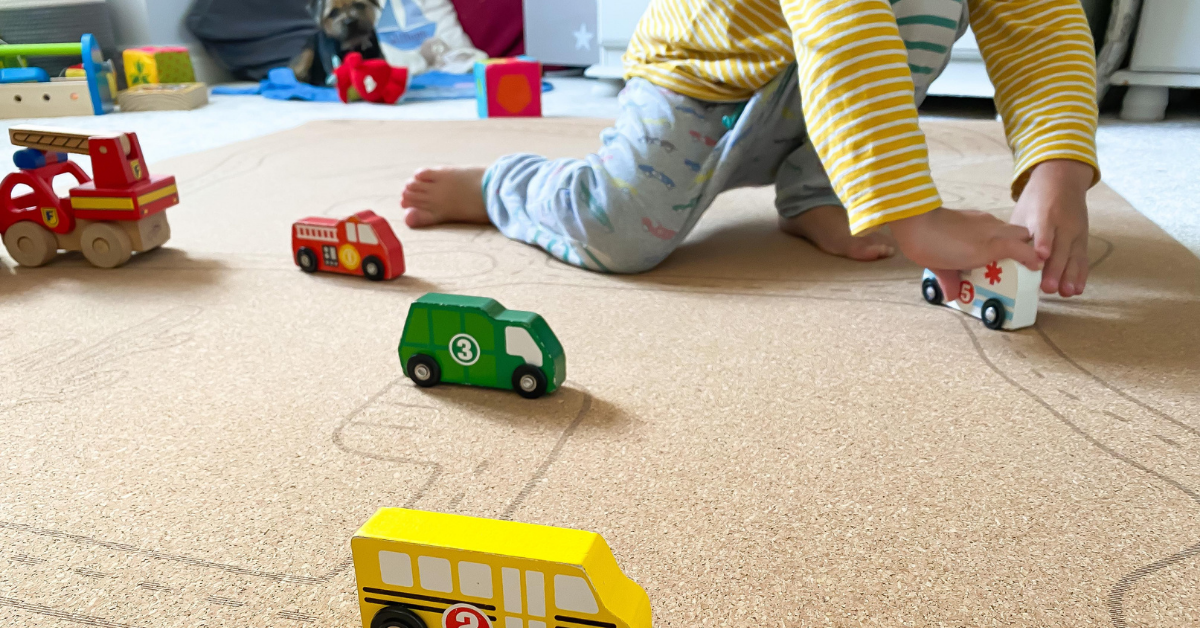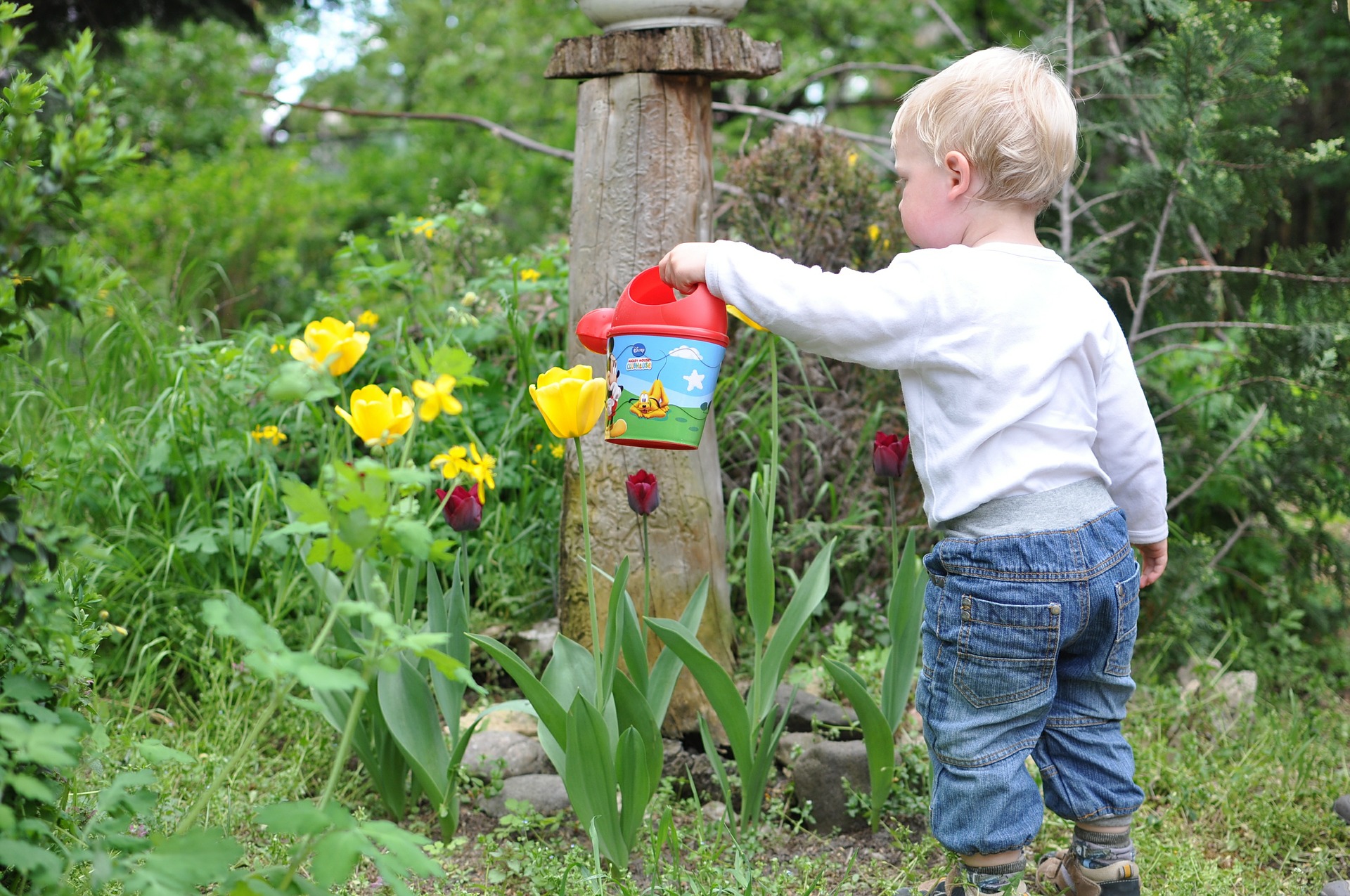
Developmental Delays Are Okay: Here Is How to Handle Them

*Collaborative Post
Parents have so many things on their minds when they have young kids. You need to find the best daycares and schools while providing top-tier nutrition, entertainment and social activities. While doing those things, you may notice that your child isn’t reaching milestones at the same time as other kids. Developmental delays are okay — here are a few ways to handle them.
What Are Developmental Delays?
There are four types of developmental delays that children can start exhibiting early in life:
- Cognitive
- Speech and language
- Sensorimotor
- Socioemotional
They affect how children interact with the world and understand themselves. Parents may not notice some of these delays until later in their child’s life because they can be challenging to spot.
How Parents Can Help Their Kids
If you believe your child may have a developmental delay, there are a few ways to handle the situation in everyone’s best interest.
1. Work With a Partner
It’s always helpful to work with a partner when navigating your first steps in addressing your child’s needs. That person may be your kid’s parent, your romantic partner or a loved one who helps you with your weekly routine.
Regardless of who’s your partner, it’s crucial to talk frankly about what’s on your mind. You can work together to review the typical developmental milestones for kids and gauge potential problems. A few conversations may empower you to look at things in a new light or get more help if necessary.
2. Start Playing New Games
There are ways parents can address developmental delays at home and potentially help their child refine their skills. Gathering your family to play with putty gives your child the opportunity to build fine motor skills and express themselves creatively. Dancing is another way to enhance gross motor skills together.
If you weave activities like these into your child’s routine and don’t notice a positive difference, it may be time to meet with a trained professional.
3. Meet With Their Pediatrician
Bring up your concerns during your child’s next checkup with their pediatrician. They’ll define specific diagnoses and provide clarification as necessary. You may think your child has dysgraphia because they have poor spelling, but their doctor may recognize their symptoms as dyslexia instead.
Developmental screenings will rule things out as well. Afterward, your pediatrician may connect you to community programs to help with your early intervention.
4. Join a Community Program
Many programs are made available with community funding for kids with developmental delays. They’ll connect your child with trained experts who know how to engage kids in specialized games, educational paths and even physical therapy. Depending on where you live and your income, you may find these programs at no cost.
Enrolling in one of these programs could significantly impact your child’s future. They’ll get the exact guidance they need alongside professionals who know how to challenge them as they grow.
5. Practice Having More Patience
Parenting is already a challenge, so it’s easy to become hard on yourself if there’s an unknown factor thrown into the mix. You may grapple with anxiety or depression as you struggle to find answers or help your child with your day-to-day life.
Every parent of a child with developmental delays needs to have patience with themselves. There isn’t anything abnormal about not being okay all the time. A recent study found that one in four kids have parents with mental health conditions like depression and anxiety. You’re not alone in your struggle, but there’s no easy fix for it either.
Give yourself patience and extend the same patience to your child. Each day presents new opportunities to learn alongside your kid. When you need a break, ask a loved one or a trained babysitter to step in for an hour or two. Whether you spend that time napping, chatting with a friend or enjoying your hobby, you’ll return with more peace of mind and be a better advocate for your child.
6. Keep an Open Mind
It’s also essential to remember that what works for your child this month might not interest them next month. Their current program leader, tutor or therapist may need a replacement next year. It might relate to whatever progress they’ve made or indicate that they’ll get better help elsewhere. If you keep an open mind, those changes won’t feel as challenging to manage.
When to Seek Professional Help
The American Academy of Pediatrics recommends general developmental screening tests at ages 9, 18 and 30 months old during routine checkups. If you’re worried about delays and your child hasn’t had these screenings or passed previous tests without any red flags, there might not be an issue.
However, you can always contact your pediatrician with any concerns or have your child meet with a psychologist. It’s better to address your questions than let them linger in the back of your mind.
Learn How to Handle Developmental Delays
More parents need to understand that developmental delays are okay. They aren’t the end of the world because help is available for kids and their parents. Use this guide to handle any potential symptoms that may appear in your child to best assist them as they grow up.
*This is a collaborative post. For further information please refer to my disclosure page.
If you enjoyed this post you can follow more of our life, opinions and antics over on Facebook, Twitter, YouTube and Instagram. Plus feel free to come and join in with my parenting group ‘From One Parent to Another’ on Facebook.
If you’d like to contact me you can either leave me a comment or drop me a line via my contact me page.
For other topics similar to this one check out these suggestions below…




